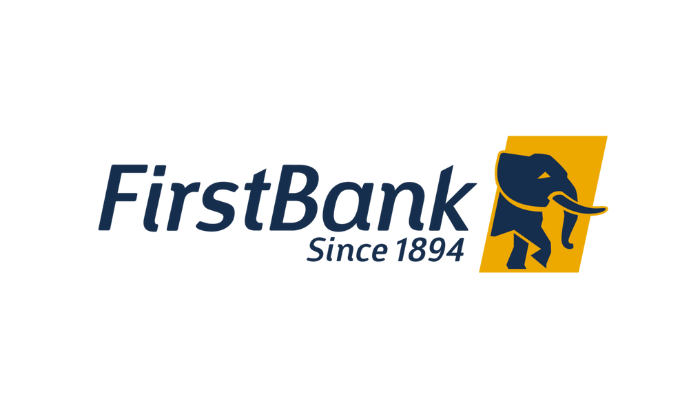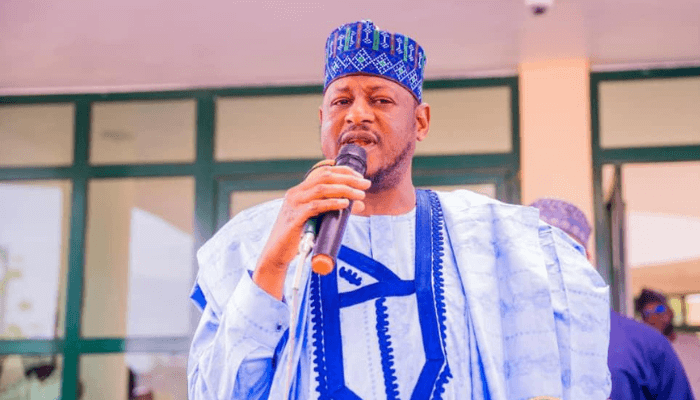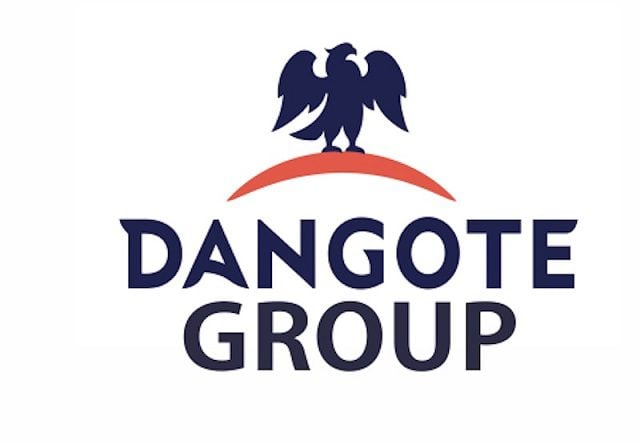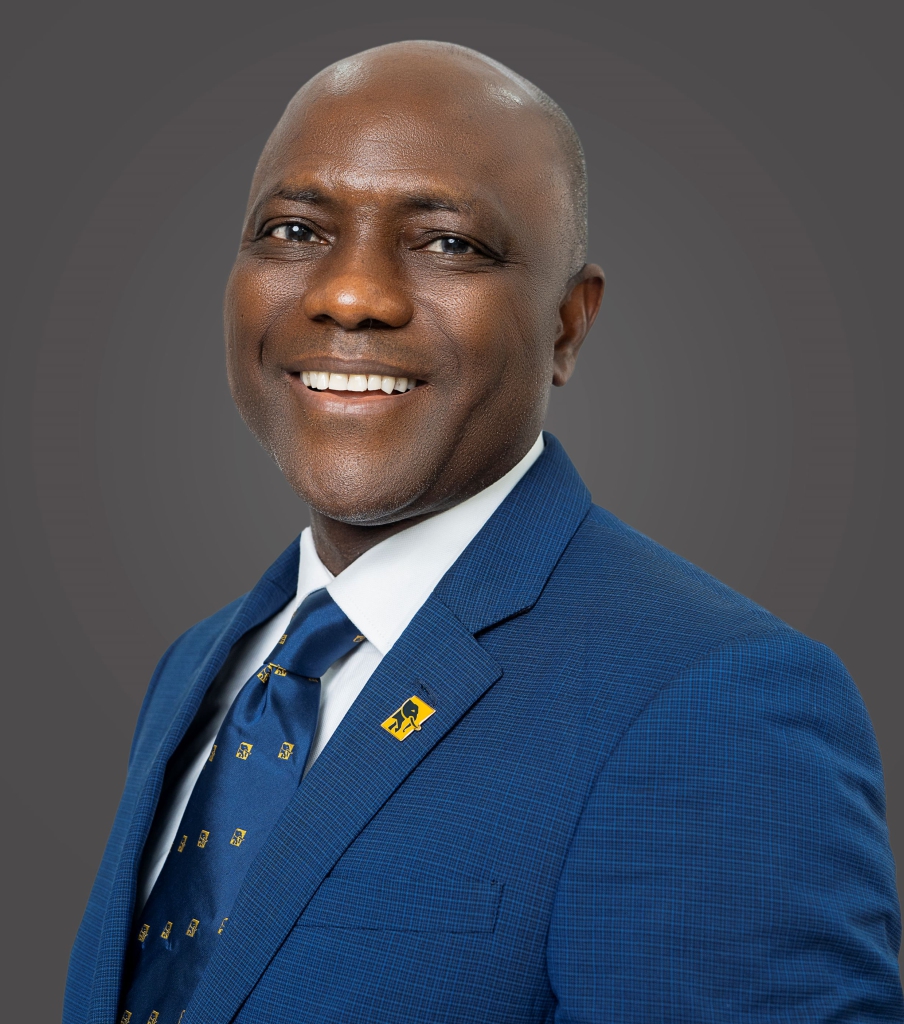By Ayomide Otitoju
FirstBank of Nigeria Limited, under its parent company FBNHoldings Plc, has set its sights on another decade of growth and transformation following impressive financial results. The bank reported a 125% year-on-year (Y/Y) growth in earnings per share (EPS) and a 165% increase in interest income to ₦1.63 trillion during the first nine months of 2024.
This remarkable performance underscores the bank’s commitment to financial intermediation, moving beyond transaction charges to solidify its position as a core player in Nigeria’s financial ecosystem.
A Decade of Consistent Growth
Dubbed the “decade of miracle” by market analysts, FirstBank’s post-2015 crisis era has been characterized by consistent growth in top-line and bottom-line metrics. Between 2019 and 2023, its EPS grew more than fourfold from 195 kobo to 859 kobo, while its annual operating profit surged by 320% from ₦73.8 billion to ₦310.5 billion.
Over the same period, FirstBank’s total earnings nearly tripled to ₦1.6 trillion, with total assets increasing by ₦10.7 trillion to reach ₦16.94 trillion by the end of 2023. Shareholders’ equity grew 163%, from ₦661 billion to ₦1.75 trillion, while customer loans saw a 243% increase, reaching ₦6.36 trillion by December 2023.
Digital Evolution and Resilience
FirstBank’s migration to transaction-led banking has driven significant digital adoption. By September 2024, FirstMobile subscribers had reached 6.9 million, with over 23 million users engaged across the bank’s online platforms. Over 90% of customer transactions are now conducted digitally, highlighting the bank’s successful transition into a digital-first financial institution.
CEO Olusegun Alebiosu emphasized that FirstBank’s digital evolution is pivotal to its 10-year Vision 2033 strategy. “We are focused on building a nimbler, always-on, and resilient financial services group that leverages its rich legacy to meet emerging customer needs,” Alebiosu said.
Future Growth Ambitions
FirstBank’s Vision 2033 aims to position it among Africa’s top three universal banks across retail, wholesale, and wealth management segments. The strategy focuses on leveraging its strong market position, deploying advanced technologies, and enhancing customer experience.
The bank’s new strategic planning cycle (2025-2029) is set to “double down” on its leadership across all markets, supported by investments in digital platforms and artificial intelligence. At the 12th Annual General Meeting (AGM) of FBNHoldings in November 2024, shareholders approved a ₦350 billion capital raise to further bolster the bank’s capital base, ensuring compliance with the new ₦500 billion minimum capital requirements ahead of the 2026 deadline.
Challenges and Opportunities
Despite its impressive growth, FirstBank faces challenges from digital-native competitors like Opay and MoniePoint. However, its legacy as Nigeria’s premier financial institution, coupled with its ongoing digital transformation, positions it to maintain relevance in the evolving financial landscape.
The bank’s leadership is also navigating internal boardroom disputes and a legal conflict with General Hydrocarbons Limited (GHL), which stakeholders believe should be resolved quickly to avoid disrupting its growth trajectory.
Strengthening Foundations
FirstBank’s strong financial performance and strategic focus on sustainability, digital transformation, and customer-centric innovation reflect its resilience. As the bank begins its next strategic cycle, it is poised to build on the successes of the past decade, reinforcing its reputation as a leader in Africa’s financial sector.
“With disciplined execution of our Vision 2033, we will continue to deliver a franchise that remains a source of pride for Nigeria and Africa,” Alebiosu stated.










